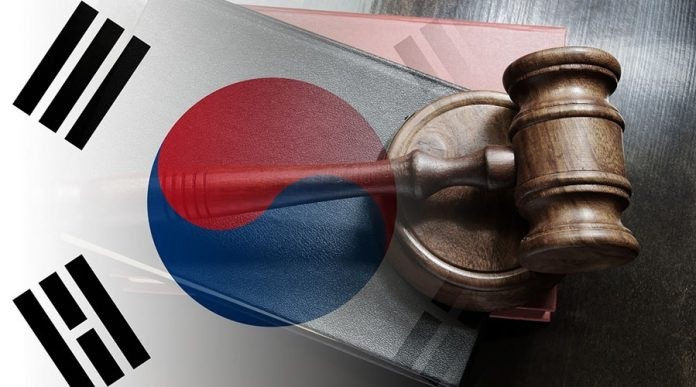South Korean Regulators to Inspect Three Domestic Banks to Check AML Compliance

While the South Korean regulators have been seen taking some strict actions on the local cryptocurrency exchanges, these time it seems that the domestic banks have come in the radar of the agency.
The latest reports show that Korean regulator - The Financial Services Commission (FSC) has said that it would inspect three domestic banks over their compliance to the latest anti-money laundering rules issued to the crypto exchange accounts.
According to the latest statement issued by the banks on Monday, April 9, the Financial Services Commission (FSC) along with the Financial Intelligence Unit (FIU) will be conduction onsite inspection on three banks between April 19-April 25. These three banks include KEB Hana, NongHyup and KB Kookmin.
Earlier this year, as a part of its crackdown the FSC ordered banks to prohibit all the anonymous cryptocurrency trading accounts in order to prevent money laundering and prevent illegal capital outflow through digital currencies.
Since then, six domestic banks - NongHyup, KookMin, Shinhan, KEB Hana, IBK, and JB have been working on implementing these new procedures of which three of them will be inspected later this month.
Out of these three banks that have been up for the review, NongHyup Bank is said to be providing the real-name verification process for two digital currency exchanges - Bithumb and Coinone. The major focus of the inspection is on this matter only where the agency will be checking whether banks have completely complied with the new real-name verification rules for crypto exchanges in South Korea along with the number of accounts registered with the exchanges along with respective deposits.
Earlier this year in January, the financial watchdog had conducted an on-site inspection of the exchanges and the second probe is due by the end of this month. Apart from these six banks, the FIU has also asked other institutions to check at their end whether they copy and abide by all the rules.
Owing to an unprecedented increase in crypto-trading last year, regulatory bodies from around the globe have stepped up measures to tackle illicit crypto activities of money-laundering and terror funding.
Apart from South Korea, another Asian giant Japan has been seen taking strict action on local crypto exchange following the biggest hack of $500 million at the Coincheck exchange earlier this year. Recently, Japan’s financial watchdog - Financial Service Agency (FSA) suspended two crypto exchanges for not abiding by the security rules as asked by the agency.


